General Tips
Look here for general tips on scientific communication with links to additional resources.
UMass Chan Resources
 Lamar Soutter Library
Lamar Soutter Library
Medical School Building, first floor
A great starting point for electronic databases, eBooks, and library materials, including resource guides for scholarly writing and data visualization. (Login may be required).
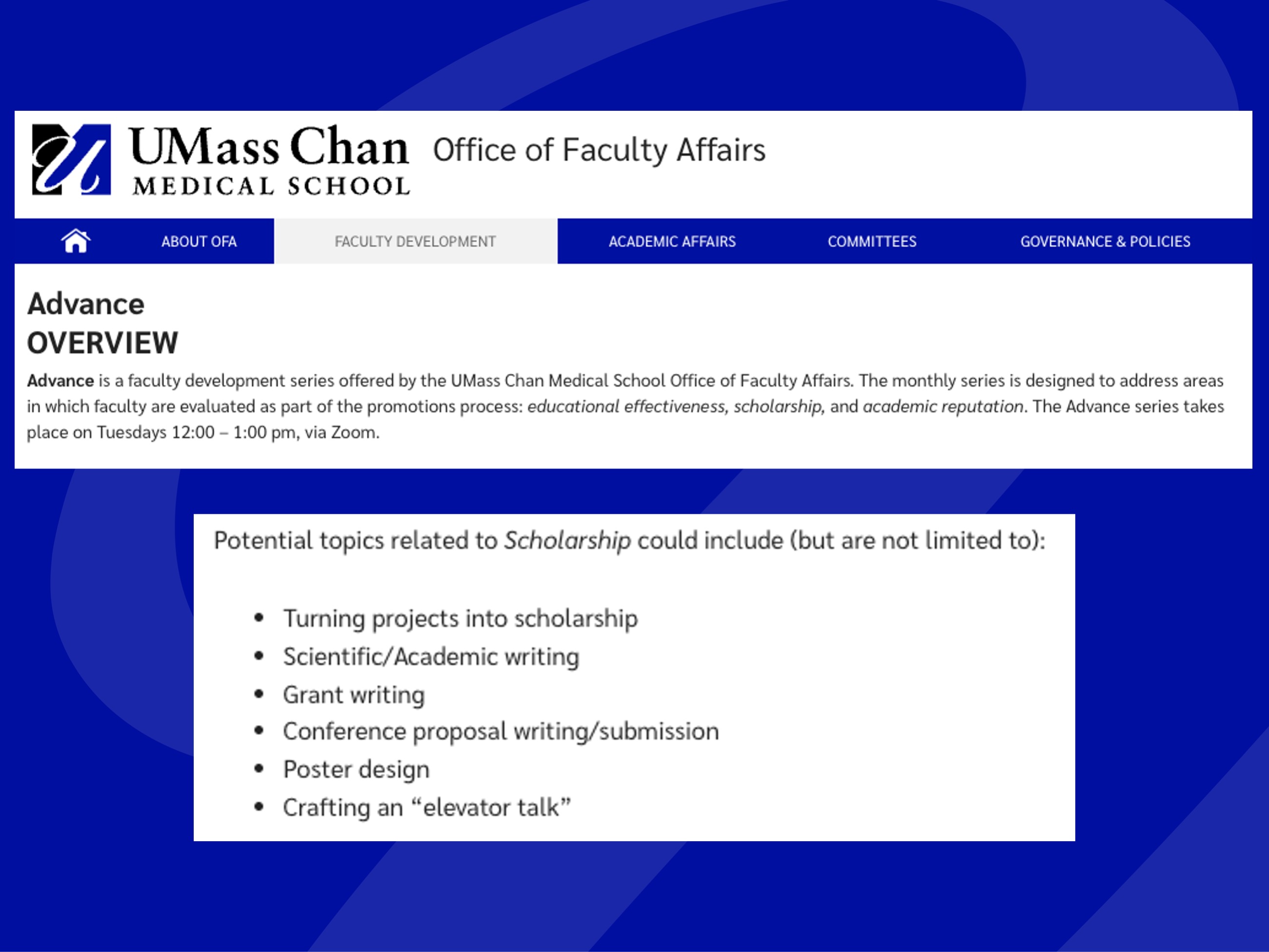 Advance Series
Advance Series
Office of Faculty Affairs
This monthly webinar series is designed to address areas in which faculty are evaluated as part of the promotions process: educational effectiveness, scholarship, and academic reputation. The Advance series takes place on Tuesdays 12:00 – 1:00 pm, via Zoom.
Books
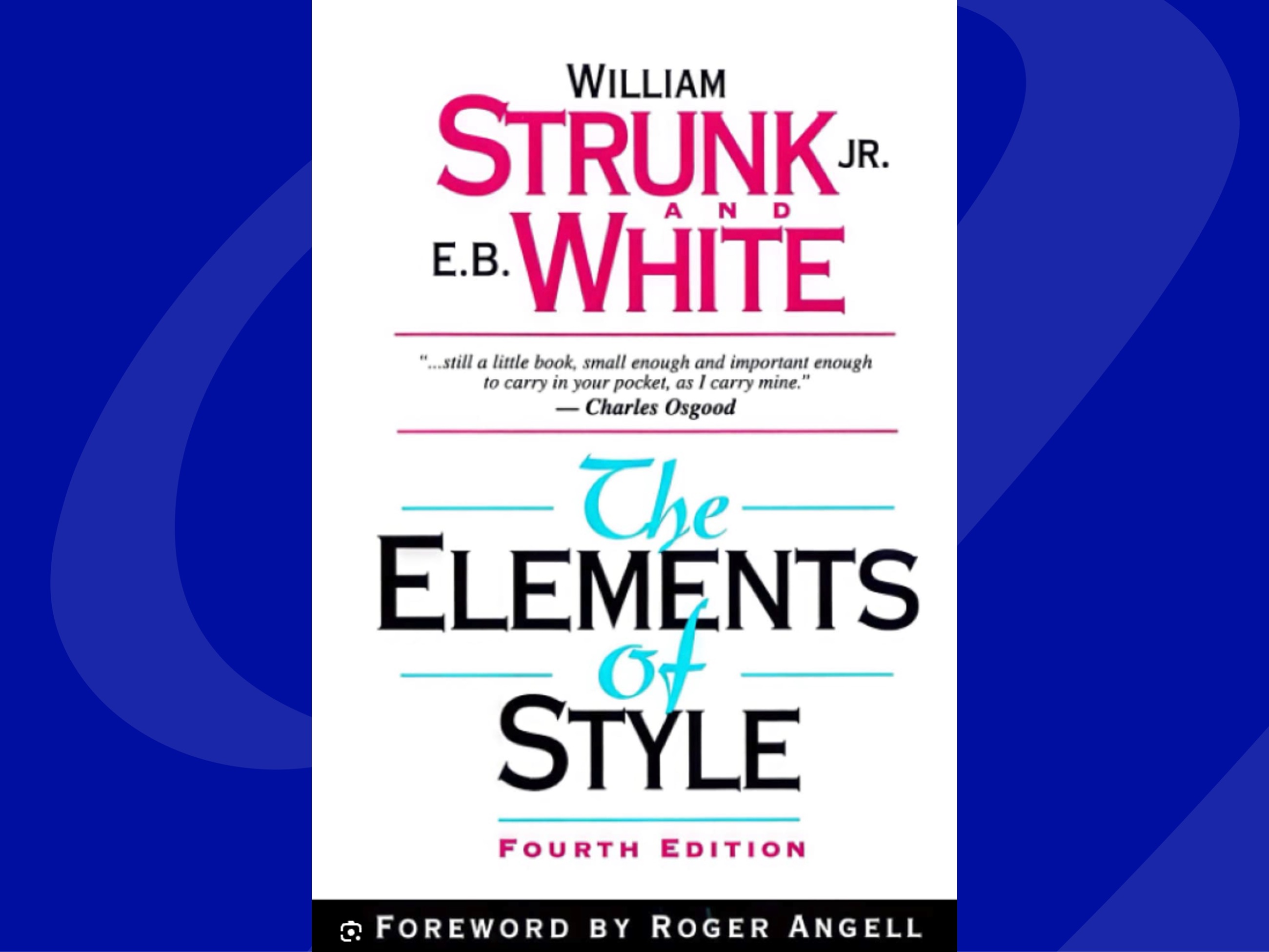
Elements of Style
William Strunk Jr. and E.B. White, 2000.
First published in 1935, this classic set of grammar rules provides timeless guidance for every writing project.
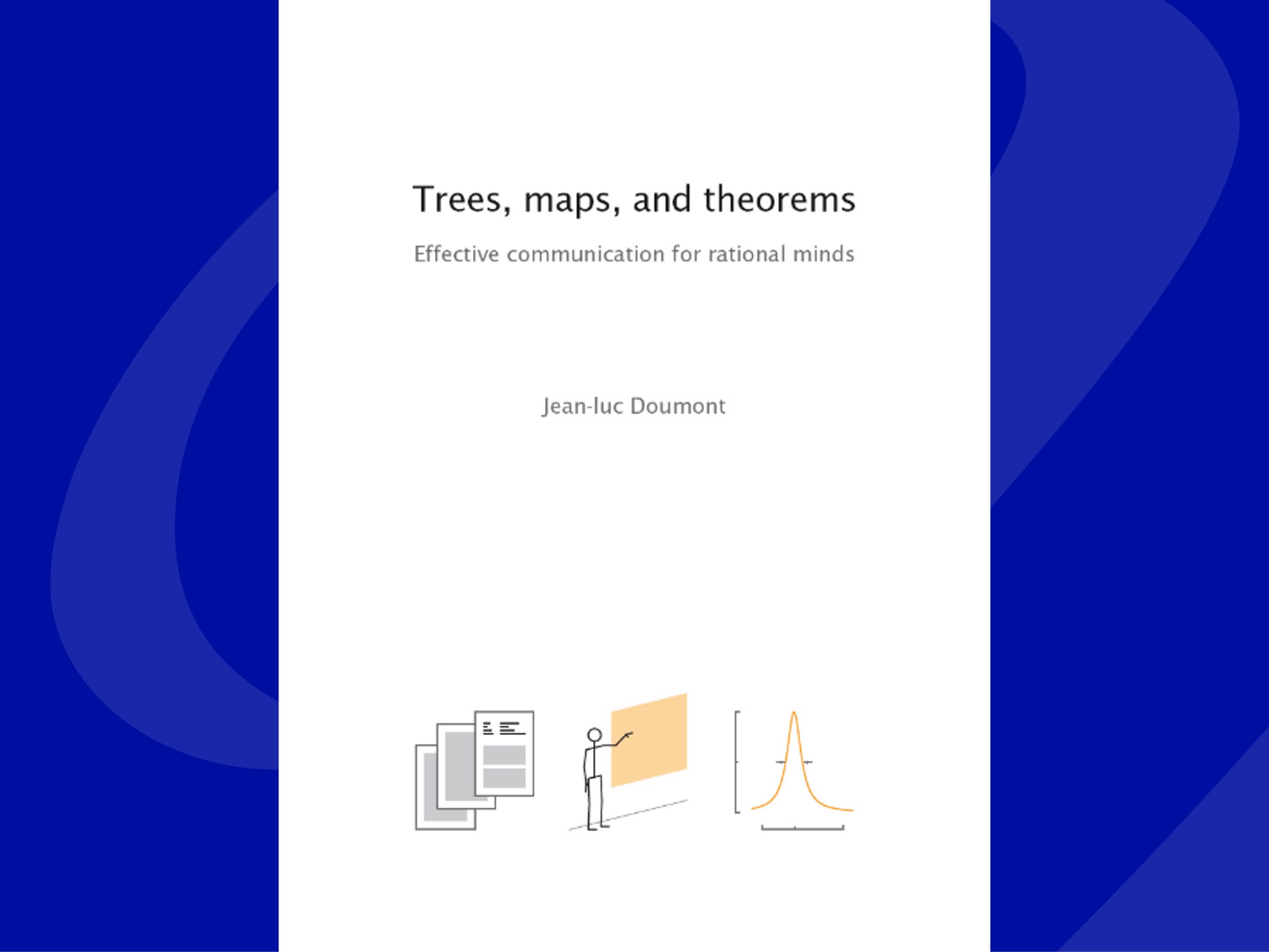 Trees, Maps, and Theorems
Trees, Maps, and Theorems
Jean-luc Doumont, 2009.
This book on “effective communication for rational minds” explains how to get messages across optimally in written documents, oral presentations, graphical displays, and more.
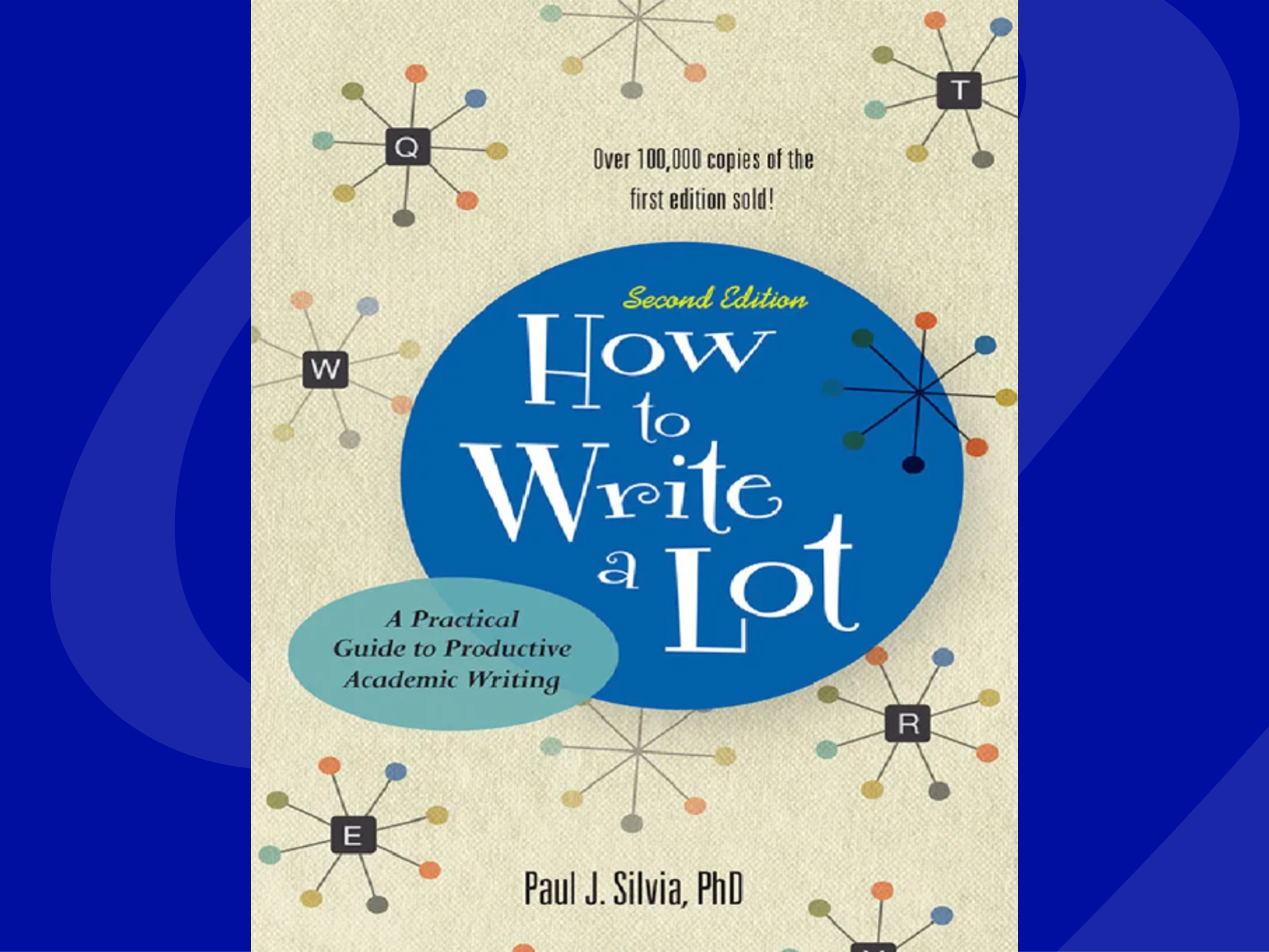 How to Write a Lot
How to Write a Lot
Paul J. Silva, 2019.
Want to be a more efficient and productive academic writer? This is the book for you. Available as a free eBook through UMass Chan’s Lamar Soutter Library (login required).
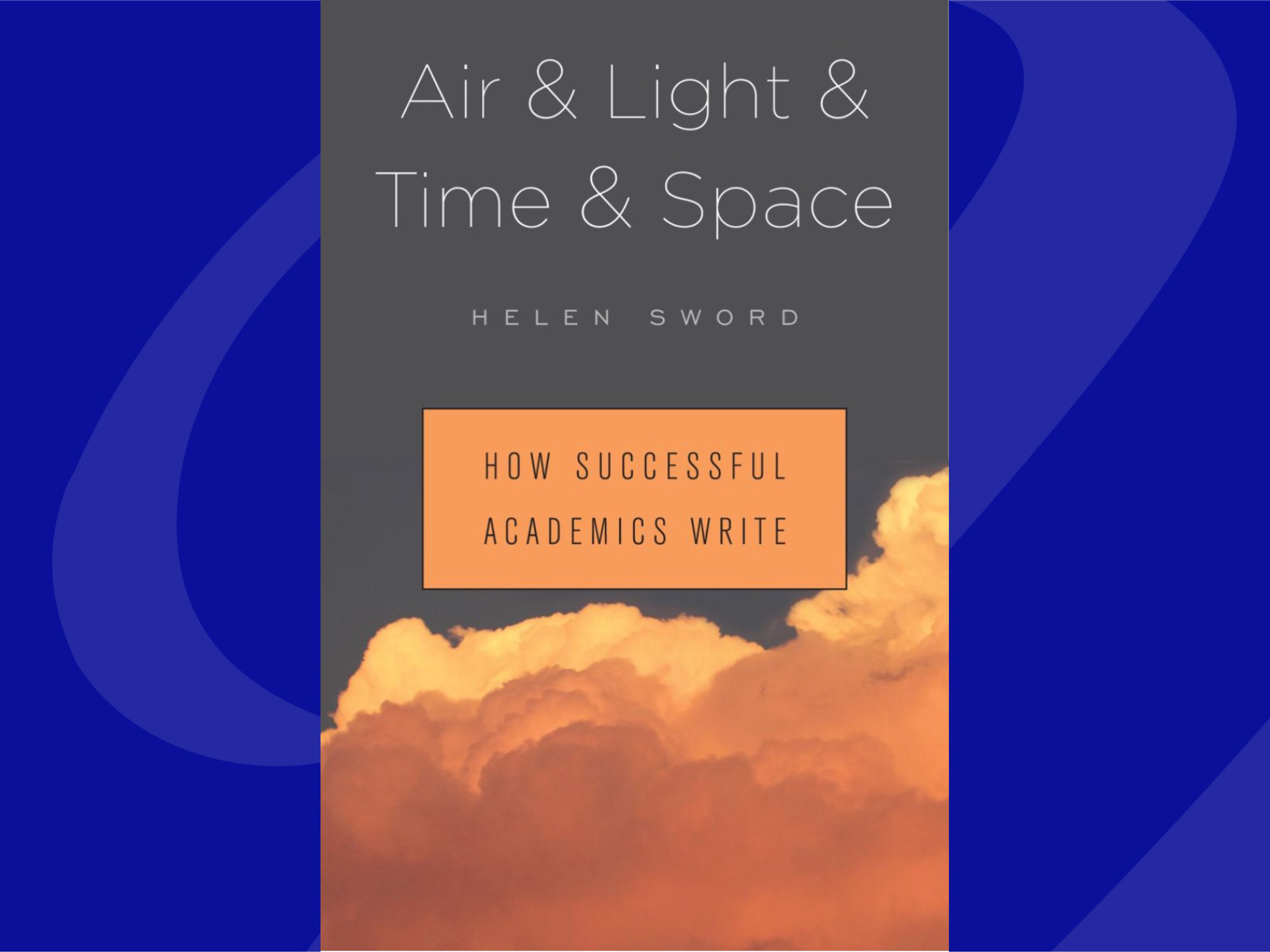
Air & Light & Time & Space: How Successful Academics Write
Helen Sword, 2017
Sword explores the habits, mindsets, and creative processes of successful academic writers. Through research and interviews, she challenges common myths about writing and provides practical insights to help writers cultivate productive and enjoyable writing practices.
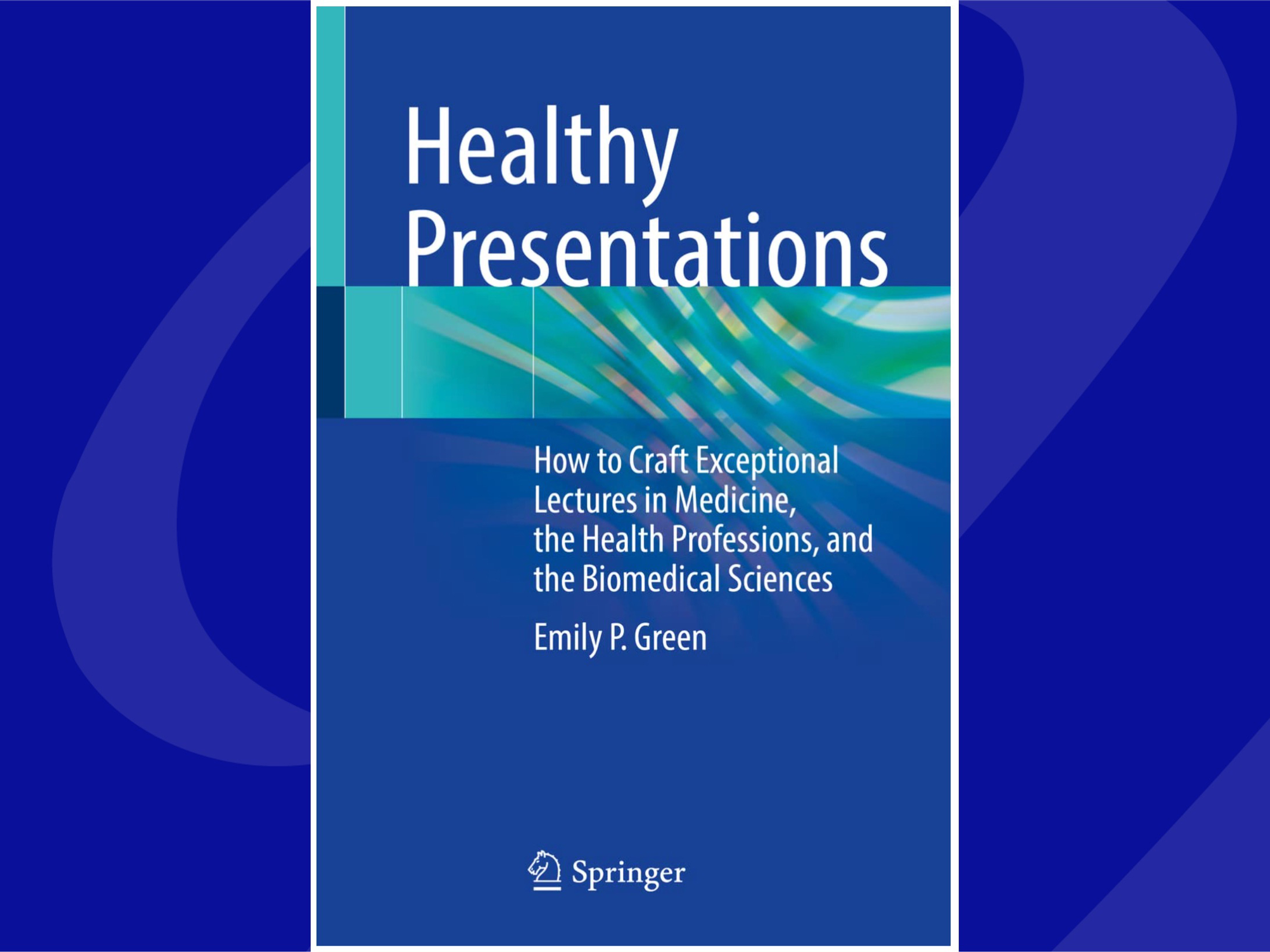
Healthy Presentations
Emily P. Green, 2021
Authored by UMass Chan's own Emily Green, this book is a practical guide aimed at helping clinicians and educators in the biomedical sciences enhance their presentation skills.
From the Web
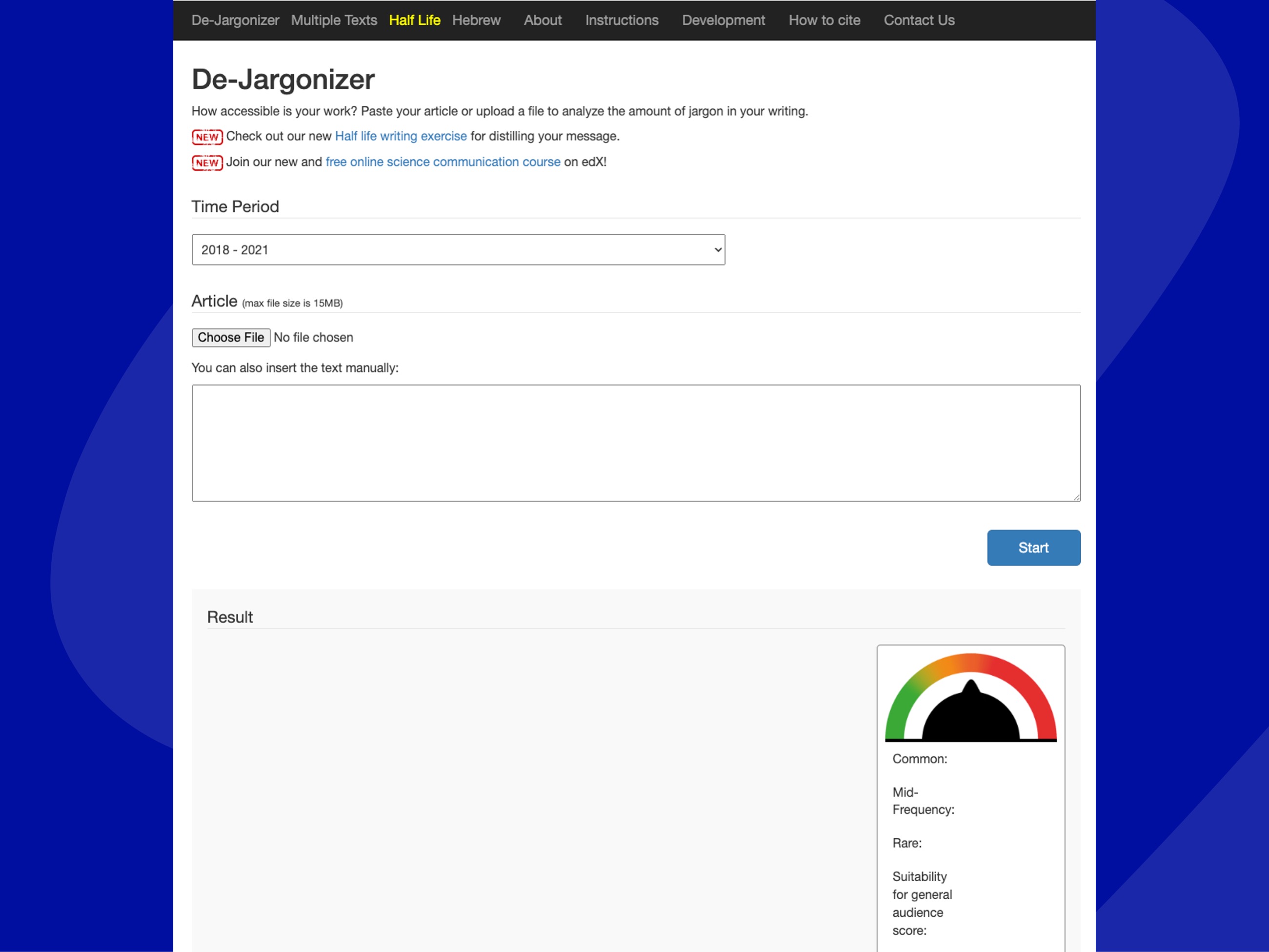
De-Jargonizer
Tzipora Rakedzon, Elad Segev, Noam Chapnik, Roy Yosef and Ayelet Baram-Tsabari, 2017.
Paste or upload your text into this automatic jargon identifier to highlight areas that may not translate well for general audiences. Consider using for project narratives, websites, and other public-facing content.
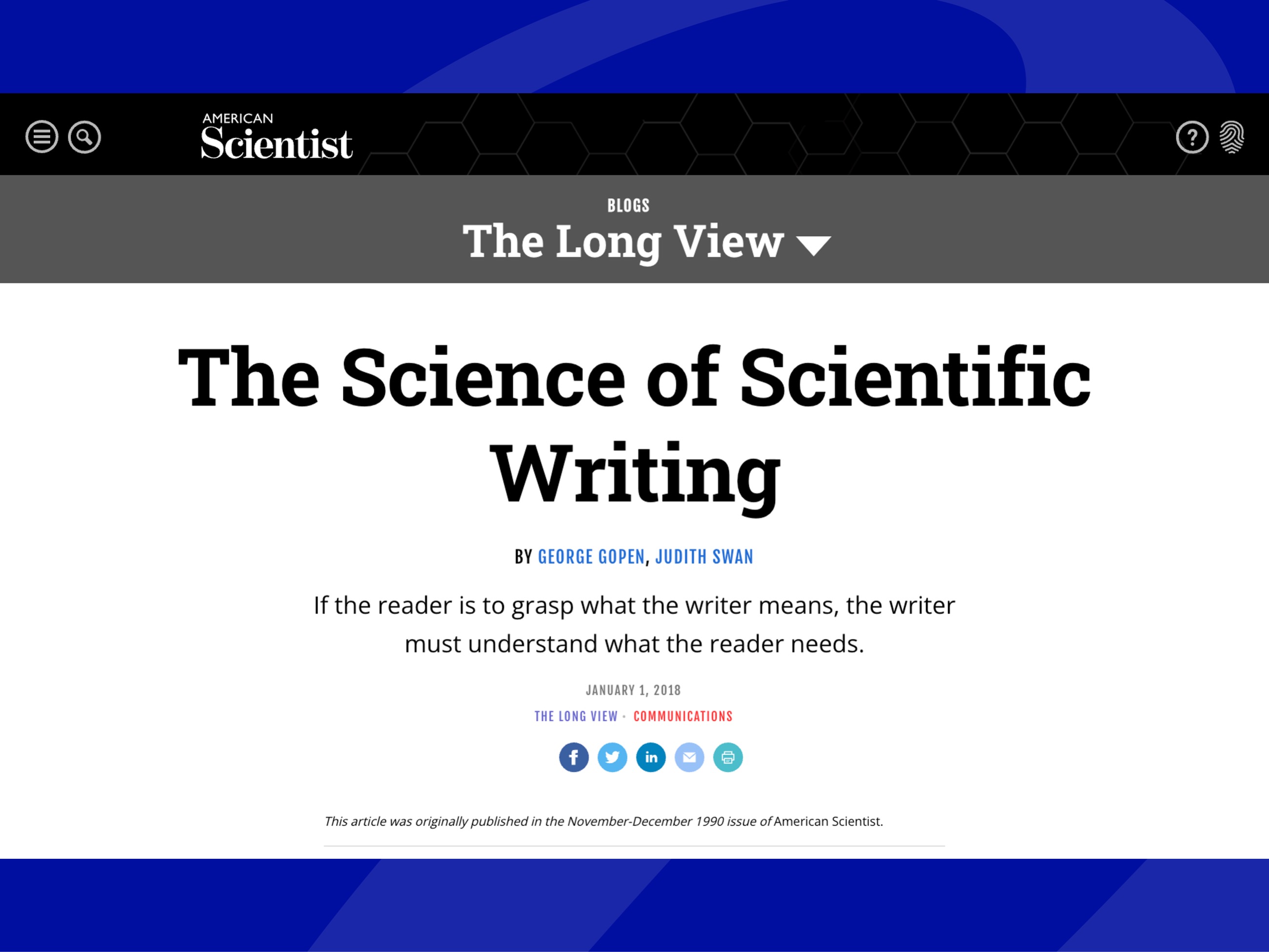 The Science of Scientific Writing
The Science of Scientific Writing
George D. Gopen and Judith A. Swan, 1990.
Science doesn't have to be hard to read. Find tips here to write clearly without oversimplifying complex topics. (PDF version here).